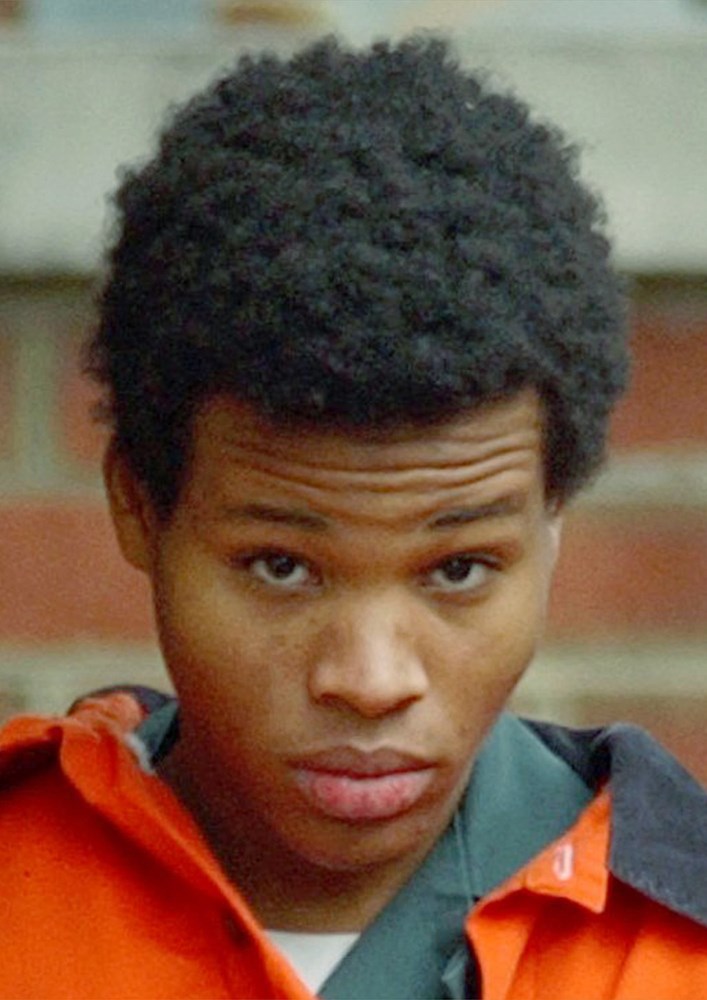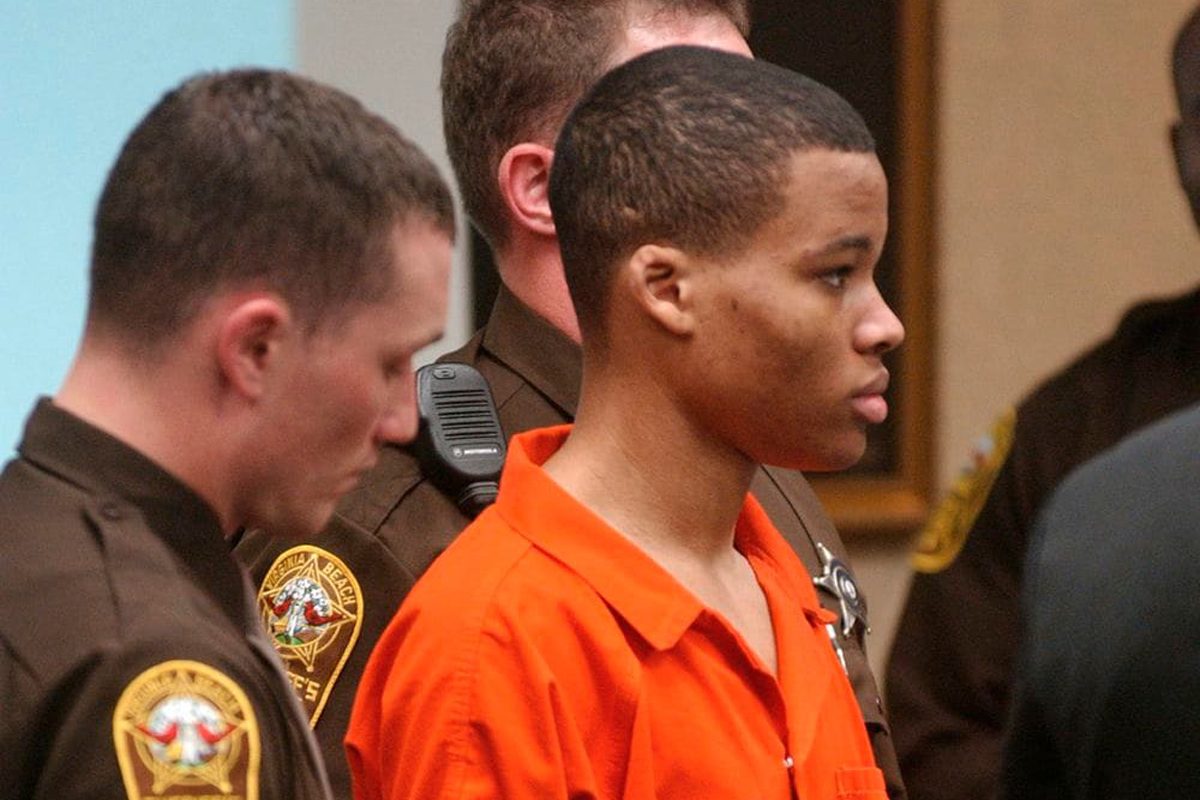(Jamaica Observer) The United States (US) Supreme Court is to make a decision in the case of Jamaican-born Lee Boyd Malvo, who at age 17 was sentenced to life without parole for his part in the infamous DC (District of Columbia) sniper case that claimed the lives of 10 people.
“Oral argument in the case is set for Wednesday, October 16,” a Supreme Court spokesman confirmed on the weekend in an e-mail response to the Jamaica Observer.
For 47 days in 2002, a thick pall of fear and tension hung over Washington and Virginia — and a traumatised nation — as the Jamaican teenager and a man whom he saw as a father figure, drove across the District shooting randomly at people on the street, eluding perplexed authorities before being finally caught.
The youngster was said to have met his then mentor, John Allen Muhammad, in Antigua where he was allegedly left by his mother. He was subsequently taken to the US by Muhammad.

Malvo, now 34, along with Muhammad, was convicted for the series of murders between September 5 and October 22 that year. Muhammad, who had served in the Louisiana National Guard before joining the regular US army and also served in Iraq in 1991, was executed in Virginia in 2009 for being the mastermind behind the rampage.
The US 4th Circuit Court of Appeal in a 3-0 ruling last year June had ordered that Malvo be given a new sentencing hearing in Virginia for the murders he was convicted of committing there. The court cited a 2012 ruling in a similar case — Miller against Alabama — in which the circuit court overturned a sentence of life without parole imposed on 14-year-old Evan Miller.
The court also cited as a reason for its ruling the 8th Amendment of the US Constitution, which prohibits mandatory life without parole for juveniles, except in rare circumstances.
The ruling to grant Malvo a new sentencing hearing is however being challenged, but it was not yet clear by whom. Prosecutors in Virginia had previously said they had met the requirements of the Supreme Court. The current case lists Randall Matthena, a warden, as the petitioner and Malvo as the respondent.
Efforts by the Observer to reach attorney Craig Cooley, who represented Malvo in the past, for comment were unsuccessful, and it was not known if he will be representing Malvo in the upcoming case.
Legal circles in the Jamaican community here are generally in doubt that the outcome would be favourable to Malvo, pointing to the dissenting opinion of Chief Justice John Roberts — now considered the swing vote on the Supreme Court — in the Miller case.
In that opinion Roberts wrote: “A mandatory sentence of life without parole cannot be described as ‘unusual’ when a number of states support such sentencing schemes. While crimes committed by juveniles is tragic on many levels, neither the constitution nor the court’s precedent prohibits mandatory life without parole for juvenile homicide offenders.”






